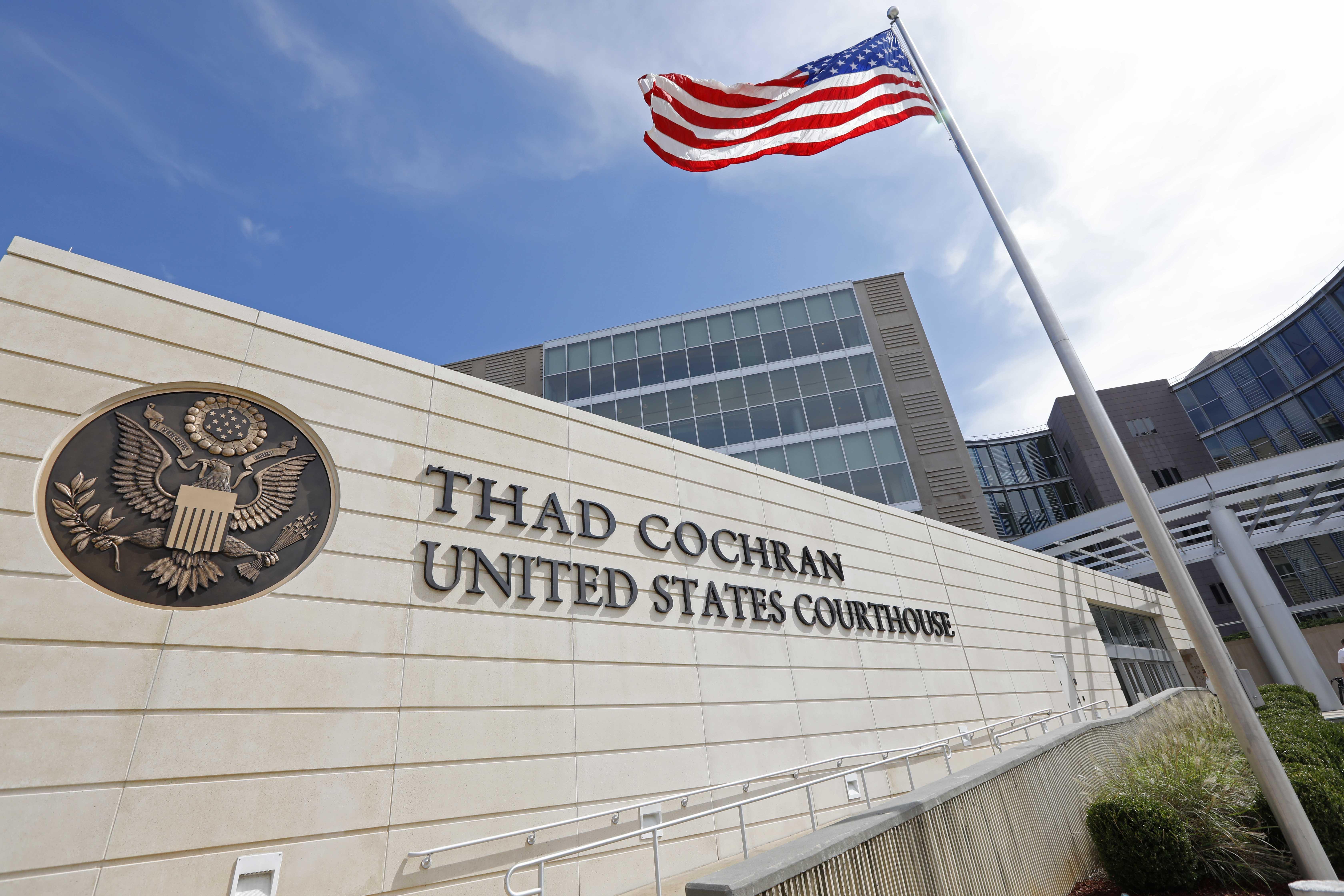The unanimous ruling gives the state Board of Election Commissioners seven days to propose an alternative plan, complicating efforts to hold special elections for the redrawn districts in November.
The panel, whose members include U.S. 5th Circuit Court of Appeals Judge Leslie Southwick, U.S. District Judge Daniel Jordan and U.S. District Judge Sul Ozerden, ruled last year that the maps adopted through redistricting in 2022 diluted Black voting power in several regions of the state.
To remedy these violations of federal voting rights law, the court ordered new maps be drawn for House districts in the Chickasaw County area as well as Senate districts in the DeSoto and Forrest County areas.
The Mississippi chapter of the NAACP challenged the redrawn Chickasaw and DeSoto districts, arguing that races in the Black-majority districts in those areas would essentially be a coin flip while victory would be all but guaranteed for white voters preferred candidates in the other districts.
“They actually drew districts that probably would have left Black voters in a worse place than they are right now,” Jarvis Dortch, Executive Director of the ACLU of Mississippi, said.
That argument was rejected by the judges for the Chickasaw House districts, but they agreed the odds were stacked against Black DeSoto voters. That’s because the map “yokes high-turnout white communities in the Hernando area of DeSoto County to several poorer, predominantly black towns in the Mississippi Delta.”
DeSoto is Mississippi’s fastest growing county, and Dortch says its Black population has not enjoyed the benefits of that growth because of their inability to meaningfully influence who gets elected to local and legislative offices.
“We have so many legislative districts where there isn't really competition and then the lawmakers at the Capitol aren't responsive to the actual needs of the state because they don't think there'll be any repercussions from the voters,” Dortch said.
Presenting oral arguments on behalf of the Mississippi Election Commission during an April 8 hearing, attorney Tommie Cardin argued the new maps complied with the Voting Rights Act. Cardin also claimed the plaintiff’s goal was to guarantee the success of Democratic candidates in the new districts.
Jared Savitsky is an attorney at the ACLU who represented individual Mississippi voters in this case. He says providing equal opportunity for voters shouldn’t be a partisan issue. Savitsky also says the protections guaranteed by the Voting Rights Act will be necessary until states like Missisisppi no longer see high levels of racially polarized voting.
“When voting isn't divided along racial lines, when both parties are nominating candidates of both races and voters from different races are voting for different parties, then you can no longer prove a vote dilution claim like this,” Savitsky said.
Gov. Tate Reeves, Attorney General Lynn Fitch and Secretary of State Michael Watson make up the board tasked with submitting an alternate map for DeSoto. Watson's office declined to comment for this story, citing pending litigation.




